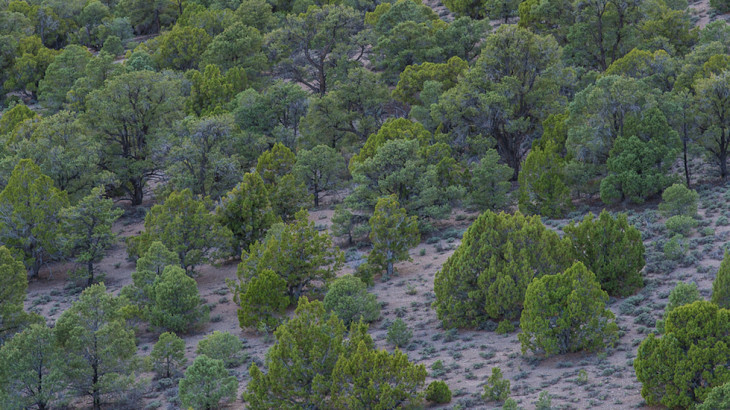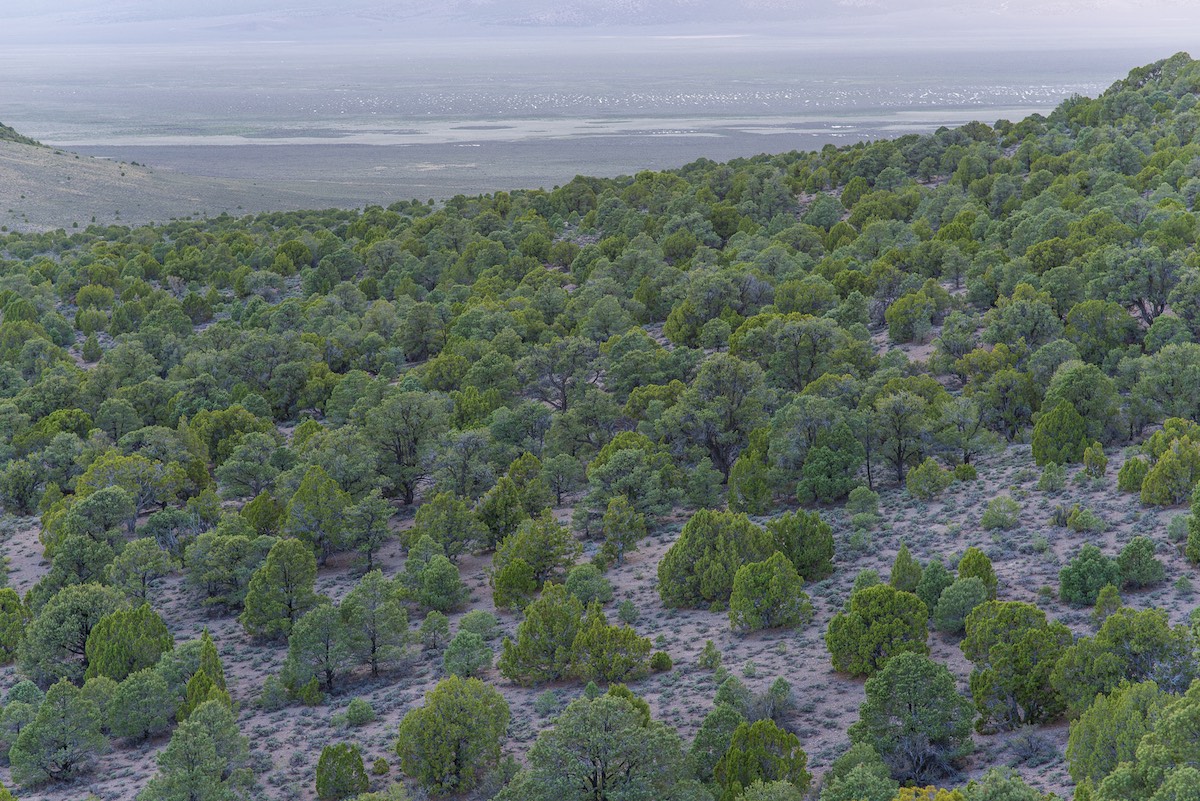In the Great Basin, refugees beget refugees. European settlers who physically performed the most destructive jobs were in many cases refugees from war and economic crisis in their homelands. My ancestors, the Irish, endured centuries of British domination and a wave of Irish fled starvation when the Great Famine struck Ireland a few years before the Great Basin was settled. Many Irish were involved in building railroads and in mining in Nevada. Richer European settlers – the mining bosses and ranch owners – possessed too much capital to be thought of as refugees in the traditional sense, but they demonstrated a certain spiritual disease produced by the belief that humans can safely take more from the land than the land freely gives.
These European refugees forced the Great Basin’s indigenous peoples in becoming refugees in their own homelands. Lanner describes the violence visited up the Shoshone near Austin, Nevada. The mining and urban activities in the area quickly consumed huge tracts of pinyon-juniper forests which served as the Shoshones’ primary winter food source. With their food depleted, the Shoshones were forced to work for wages in the only two industries operating in Nevada: mining and ranching. “The more these food sources were destroyed, the more dependent the Indians became on wages; and the more they engaged in lumbering and ranching for white men, the more they destroyed their food sources. By the time the bubble burst in the 1880s and 1890s when the mining industry collapsed, the pinyon groves were gone, the valley grasslands were fenced for cattle, and much of the old culture was forsaken.”
As these memories should demonstrate, the exploitation of the land is the source of the oldest refugee crisis. Exploitation of the land initiates a cycle of violence that is pushing the world to near total collapse. Some human cultures have literally eaten themselves out of house and home and continue to require new lands to fuel their way of life. As wider and wider swaths of land are destroyed, communities are encountered that refuse to vacate their homes. But, those who exploit the land gain short term advantages over those who refuse to exploit. Those who refuse to exploit are forced from their homes or killed by weapons made possible by the exploitation of the land and their homes are devastated by technologies similarly made by possible by exploitation.
Read the full article: Pinyon-Juniper Forests: The Oldest Refugee Crisis

